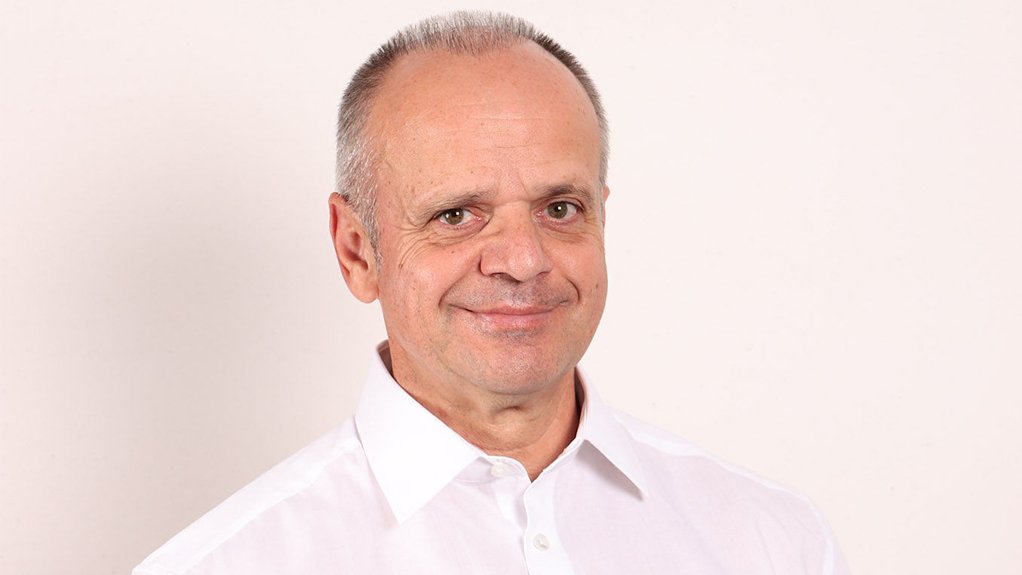Loadshedding remains the biggest local headwind facing the metals and engineering industries, and persistent loadshedding, the worst in more than ten years, has almost erased the sector's post-Covid-19 gains, says industrial organisation Steel and Engineering Industries Federation of Southern Africa (Seifsa) CEO Lucio Trentini.
One of the key issues facing the metals and engineering sector is the continued lack of public infrastructure spending. Local suppliers urgently need to be given preference when it comes to government projects if the sector stands any chance of lifting itself out of the doldrums.
"The energy crisis shows no signs of ending. South Africa’s economic outlook doesn't look good and there is little investor confidence. The notion of job creation, on the back of an alarming high unemployment rate, has become elusive," he notes.
The South African government's multiple service delivery failures are likely to continue to plague communities and the sector this year, with energy, logistics, roads, rail and water, which are staples of any manufacturing sector, stoking an already high unemployment rate and piling extra pressure on the government as the cost-of-living crisis intensifies.
"Seifsa will continue to press the point that private-public partnerships are the best option for resolving these issues, with the private sector offering both skills and financial resources. Further, in a less supportive global economic environment, domestic economic policy must do heavier lifting.
"A clear and well-thought-through industrial policy plan is an absolute must if the sector is going to grow. The Seifsa office will continue to play an active role in contributing to the shaping this agenda," Trentini emphasises.
For the most part, 2022 was characterised by global and domestic turmoil, imported inflation, record levels of loadshedding and political uncertainty.
All signs indicate that the tough global conditions of 2022 are likely to persist in 2023, with a hawkish US Federal Reserve setting the tone for other central banks on monetary policy.
The focus on containing inflation tends to lead to a slowdown of activity, which has a significant effect on demand and investment in the metals and engineering sector, along with the sectors it supplies, including mining, automotive and construction, Trentini adds.
The other big global issue for 2023 is the continued conflict in the Ukraine. The conflict is raging on, nearing a full year since Russia's invasion in February last year, disrupting global supply chains, contributing to the global economy slowing down further as the conflict continues to spur inflationary pressures, sapping confidence and increasing risks worldwide.
Meanwhile, China is battling high Covid-19 infection rates and the fallout from shutting down its economy in 2022 as part of its zero-Covid-19 policy. It will take time for it to recover from both of these crises, Trentini adds.
EMAIL THIS ARTICLE SAVE THIS ARTICLE ARTICLE ENQUIRY
To subscribe email subscriptions@creamermedia.co.za or click here
To advertise email advertising@creamermedia.co.za or click here











